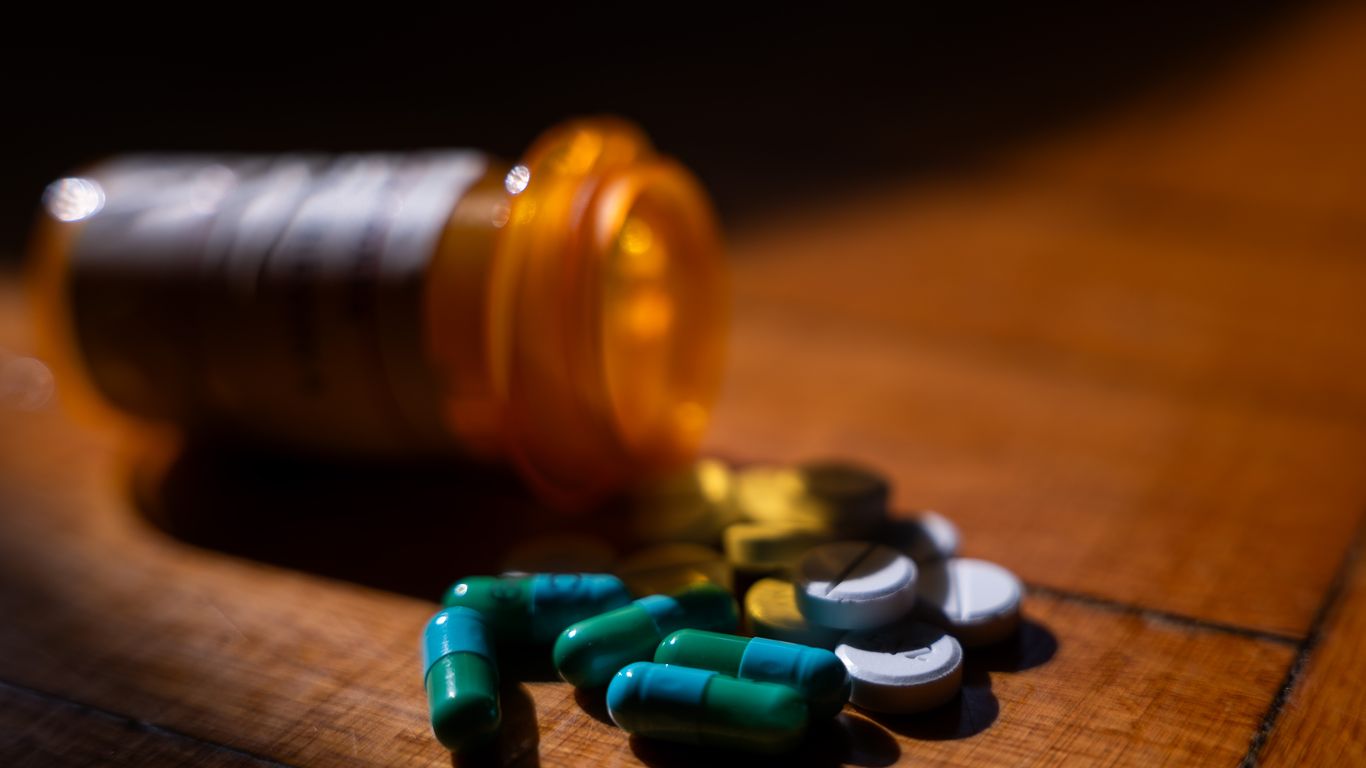
"The president has had success exerting leverage on big pharmaceutical manufacturers, who've made a series of commitments to re-shore manufacturing lines or build entirely new facilities. Eli Lilly, AstraZeneca, Roche, GlaxoSmithKline and Johnson & Johnson were among the companies that have made multibillion-dollar commitments for U.S. manufacturing and research capacity. Between the lines: The drug industry opposes such levies, and Trump exempted pharmaceutical products from the "reciprocal" tariffs he announced on all imports into the United States in April."
"Drug manufacturers argue the administration should instead use favorable tax policies to spur activity and crack down on pharmaceutical chain middlemen they blame for driving up prices. Drug companies continue to announce hundreds of billions in new U.S. investments, Alex Schriver, senior vice president of the industry trade group PhRMA, said in a statement late Tuesday. "Tariffs risk those plans because every dollar spent"
Tariff threats last spring prompted a surge of exports of drugs and medical products from Europe to the U.S. as manufacturers built stockpiles ahead of potential duties. In August, plans were floated for stepwise pharmaceutical tariffs that could reach 150% within about 18 months and later 250%. A Truth Social post set a 100% tariff on branded or patented drugs starting October 1 unless companies are breaking ground or under construction on U.S. pharmaceutical plants. Major firms including Eli Lilly, AstraZeneca, Roche, GlaxoSmithKline and Johnson & Johnson pledged multibillion-dollar U.S. manufacturing investments. A U.S.-EU trade deal applies a 15% tariff on EU-branded drug imports; Ireland supplied roughly $50 billion in U.S. pharma imports last year. Drug makers call for tax incentives and middleman reforms and warn tariffs could jeopardize planned investments.
Read at Axios
Unable to calculate read time
Collection
[
|
...
]